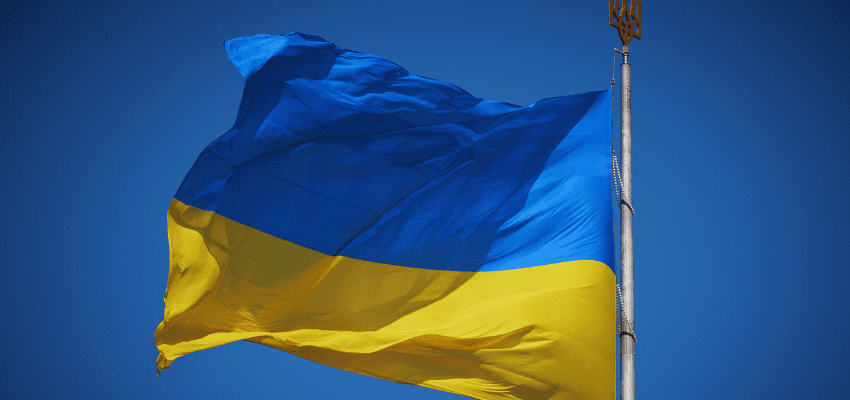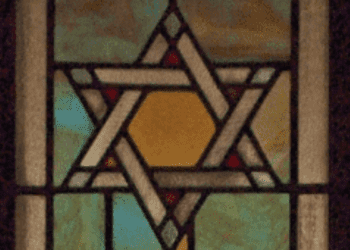This article originally appeared in the Toronto Star.
By Marcus Kolga, August 28, 2024
Ukraine’s spectacular counteroffensive, which has liberated 1,500 square km of Russian-occupied territory from Vladimir Putin’s control, is not merely a military triumph, but represents a new strategic thread that could start the unravelling of Putin’s war and his repressive regime.
Ukraine’s incursion has provided a much-needed boost to Ukrainian morale and the confidence of Ukraine’s western allies in its ability to restore its sovereignty. Equally important is the impact inside Russia, where it threatens to expose the weakness of the Putin regime to Russians who are growing weary of his endless wars.
The success of the counteroffensive marks a turning point, showcasing Ukraine’s effective utilization of western support and underscoring the need to increase our supply of weapons. They should follow Canada’s example of removing geographic restrictions on their use, allowing Ukraine to determine how to reclaim the complete sovereignty of its territories.
The morale boost for Ukraine’s military and people cannot be overstated. In a matter of weeks, Ukrainian forces have injected new life into a campaign that some in the West had begun to doubt. Ukraine’s lightning advance has reinvigorated confidence among Ukraine’s allies, demonstrating that with the right tools, Ukraine is more than capable of taking the fight to the invaders.
The Kremlin’s failure to anticipate or respond effectively to the Ukrainian counteroffensive has cast serious doubts on its ability to secure Russia’s borders and maintain stability, much like Evgeny Prigozhin’s brief uprising did last summer.
Putin’s inability to repel the Ukrainian advance is more than just a military embarrassment; it poses a threat to his authority and credibility. The image of an invincible Russia, led by a protector capable of defending it from alleged enemies, is crumbling.
Russians, long fed a steady diet of state propaganda positioning Putin as their messianic defender, may now begin questioning this myth, a necessary precursor to political change.
The fundamental legitimacy of Putin’s regime is based on narratives that promote paranoia about foreign enemies, like Ukraine and NATO, which, according to Putin, are bent on destroying Russia. These narratives have been used to justify wars of aggression in Georgia, Ukraine, and beyond.
By portraying Ukraine’s government as a reincarnation of Nazi Germany and framing NATO as a relentless enemy, Putin has maintained his grip on power by stoking fear among the Russian populace. However, President Volodymyr Zelenskyy’s daring counteroffensive has punctured the bubble of the Kremlin’s paranoid alternate reality and is now scrambling to concoct explanations, false or otherwise, to distract from its glaring failures.
This includes the reality that over 200,000 Russians have been forced to flee their homes, while Russian conscripts, ill-equipped and directionless, have resorted to looting Russian homes and stores as they retreat from the advancing Ukrainian forces. Russians evacuated from the Kursk region are voicing their anger publicly, despite draconian Russian laws that prevent them from criticizing the war.
Reports about evacuees and Russian conscripts wandering aimlessly through forests, without orders or proper equipment, are reverberating inside Russia, despite the Kremlin’s attempts to control the narrative. The collapse of Russia’s defence and the ensuing chaos in Kursk are now surfacing on the few uncensored social media platforms within Russia, such as Telegram, fuelling doubts about the competence of Putin’s government.
In a statement published on social media platform X by Garry Kasparov, Russian chess grandmaster and democratic opposition leader, the Council of The Free Russia Forum welcomed “the breakthrough by the Ukrainian armed forces in the Kursk region” and further declared that “our slogan — “Victory to Ukraine, freedom to Russia!” — takes on new meaning when we see the AFU marching through Russian territory, effectively liberating it from Putinism.”
This erosion of confidence in Putin’s ability to defend Russia offers a critical opportunity for both Ukrainian forces and the exiled Russian opposition. The memory of Prigozhin’s occupation of Rostov and the unexpectedly warm reception his mercenaries received from the local population last year indicates a growing openness to change within Russia.
The involvement of free Russian battalions fighting alongside Ukrainian forces on Russian soil could serve as a powerful symbol, reassuring local populations and reinforcing the legitimacy of the idea of liberating Russia from Putin’s totalitarian grip.
The cracks in Putin’s regime are widening, accelerated by the Ukrainian counteroffensive. The West must recognize this pivotal moment and intensify its support for Ukraine’s mission to reclaim its complete sovereignty in Crimea and Donbas.
Ukraine’s success has also rekindled hope for a liberated, democratic Russia — one freed from the terror of Putin’s rule. This fight is not just for Ukraine’s own freedom but for the freedom of all who suffer under the tyranny of Putin’s regime.
Marcus Kolga is a senior fellow at the Macdonald-Laurier Institute and CDA Institute.






